Culturing Creativity: Stain Glass Poem
This week we tried a writing exercise, titled the ‘Stain Glass Poem’. This involved answering a number of questions and then reorganizing the answers into a poem of sorts. We did the exercise and talked about how it worked for us and how we think it helps to culture creativity. The exercise came from the article: Enhancing the group experience: Creative writing exercise by Kathie Wenz and J. Jeffries McWhirter (1990) in the Journal for Specialists in Group Work, 15:1, p37-42.

Episode Summary:
The Stain Glass Poem exercise that we have done is an example of a structured writing assignment. This exercise comes from an article which describes the benefits of this type of activity as: focussing attention on images, thoughts, emotions, and encouraging a deeper expression of hidden information. How do we think this helps with improving creativity?
Ashley: First, poetry is not a form of writing I am super comfortable with. I never have been. In fact, I usually think I’m quite awful at it. Though the benefits the author of this particular paper highlights seem to raise very good points about using poetry. And from a creative perspective it seems useful. Especially focussing on images, thoughts and emotions. It’s easy enough to think up events, but sometimes it’s the imagery and emotions that can be a struggle for some people. Also, using inner thoughts and expression as inspiration for writing is never a bad thing.
Sarah: Poetry is to me an interesting way of reaching further into my own head, to see what issues are really cropping up. And I think this is useful because it brings to the surface thoughts and emotions that have sometimes been buried for a long time. Not only is this incredibly healthy to work through past experiences this way, it also helps you to understand your own psyche better and therefore you are able to do the same in reaching deeper into your character’s minds. We write about things that resonate with us, and I think it is a useful way of discovering what these things are.
Describe how the Stain Glass Poem works.
Sarah: We were provided with a list of questions that we had to answer symbolically and metaphorically. We weren’t supposed to think about it. Just write whatever answers came to us as quickly as possible. Once the questions were answered, we had to arrange the answers into a pattern/poem that we liked.
Ashley: The questions were: 1. What did the sky feel like to you this morning? 2. How did you feel when you first awoke? 3. Tell a fragment of a dream . . . if you don’t remember last night, use some other night, or make one up. 4. If you could be anywhere in the world, time and distance being irrelevant, where would you go? 5. If you could get to that place anyway you wanted, how would you go? 6. As you came to this meeting, preoccupied with life, suddenly something in the bushes caught your eye. An entity of some sort crooked its finger and you leaned over to hear it speak. The entity said, “The key to life is . . .” (fill in, complete this sentence).
Let’s read our poems first then we can explain what our answers were.
Ashley:
The weight of a new day,
To live your truth.
A cool kiss of wind on my face.
An entity, heavy on my chest.
Pressing. Pushing.
Paralysed and struggling for breath.
Pulled from the edge of sleep.
Falling back into slumber.
Pushing me back,
into my dreams.
Home,
With wind beneath my wings
What did the sky feel like to you this morning?
A cool kiss of wind on my face.
How did you feel when you first awoke?
Pulled from the edge of sleep. Falling back into slumber. The weight of a new day pushing me back into my dreams
Tell a fragment of a dream . . . if you don’t remember last night, use some other night, or make one up.
Paralysed and struggling for breath. An entity, heavy on my chest. Pressing. Pushing.
If you could be anywhere in the world, time and distance being irrelevant, where would you go?
Home.
If you could get to that place anyway you wanted, how would you go?
With wind beneath my wings
As you came to this meeting, preoccupied with life, suddenly something in the bushes caught your eye. An entity of some sort crooked its finger and you leaned over to hear it speak. The entity said, “The key to life is . . .”
to live your truth.
Sarah:
Fearful, I barely dare to breathe.
How much will I bleed?
I dread rising.
Gravity: A fiend.
I cannot find her.
Room to room I rove, always searching.
Finally, she is with me.
But she is older.
And wiser than I.
Escape.
I step through, a door between worlds.
I am beckoned between places and times.
Freely, I visit the two places that make me whole.
Expansive, blue.
I could get lost up there.
It shows no hint of rain,
no hint of snow,
warm November days.
Lush forest surrounds me.
The smell of wet soil and
pine trees create a heady aroma.
Bark scratches under my fingers.
This is home.
The key to life is staying in the present,
allowing every experience to be felt.
Recognizing and making room for every emotion.
Accepting yourself and your reality
For no more or less than what it is.
What did the sky feel like to you this morning?
Expansive, blue. I could get lost up there. It shows no hint of rain, no hint of snow, warm November days.
How did you feel when you first awoke?
Fearful, I barely dare to breathe. How much will I bleed? I dread rising. Gravity: A fiend.
Tell a fragment of a dream . . . if you don’t remember last night, use some other night, or make one up.
I cannot find her. Room to room I rove, always searching. Finally, she is with me. But she is older. And wiser than I.
If you could be anywhere in the world, time and distance being irrelevant, where would you go?
Lush forest surrounds me. The smell of wet soil. Pine trees create a heady aroma. Bark scratches under my fingers. This is home.
If you could get to that place anyway you wanted, how would you go?
Escape. I step through, a door between worlds. I am beckoned between places and times. Freely, I visit the two places that make me whole.
As you came to this meeting, preoccupied with life, suddenly something in the bushes caught your eye. An entity of some sort crooked its finger and you leaned over to hear it speak. The entity said, “The key to life is . . .”
The key to life is staying in the present, allowing every experience to be felt. Recognizing and making room for every emotion. Accepting yourself and your reality for no more or less than what it is.
Analysis of our experience. How did we find the exercise? What do we think of our Stain Glass Poem?
Ashley: I feel my poem is weirdly dark, but I didn’t feel like the answers to the questions were particularly dark. The poem also doesn’t make a lot of sense. But then again it does. Maybe this is how I need to approach poetry haha. I found it quick but a bit challenging to put the poem together into something cohesive. I did find myself over analysing putting it together. Answering the questions weren’t too challenging. Did it make me feel creative – to an extent yes. Made me exercise my brain a lot to try and fit it all into something that made some sense. It came put much better than I thought. I was worried it was going to be weird and rhyme. It made me feel better about my poetry as it wasn’t terrible haha.
Sarah: Mine is also quite dark. But, some of that is the nature of what I’m going through in my life right now. The questions weren’t hard to answer, but I think they would have been and it wouldn’t have been an authentic writing experience if I had tried to hide or change them to make it less personal. So, in saying that, if you’re wondering from my weird answers what’s going on, you’re going to be a bit disappointed. At the moment it’s a bit close to me to be able to fully share what’s going on, but one day I will! For now just know I’m doing ok, but it is a hard time which is another reason why my writing has taken a bit of a hit. Anyways… for the poem I feel it did sort of make sense, and it was trying to explain an important life lesson to me at the moment, but when putting it together I had to resist the urge to add in words to join it into a logical flow. It was also hard because to me when I answer questions, my flow is very narrative. Every sentence and paragraph tells a story. And putting it together I felt like my long sentence structure wasn’t suited for poetry—usually when I write poetry I like it to be less story-like and more cryptic.









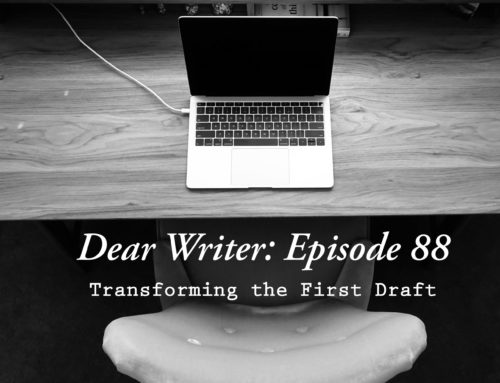
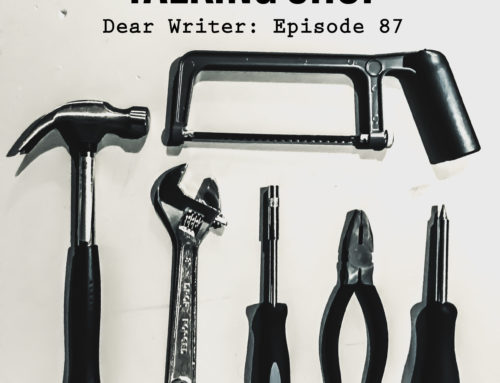

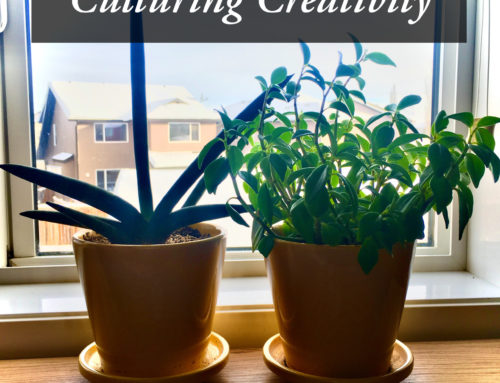

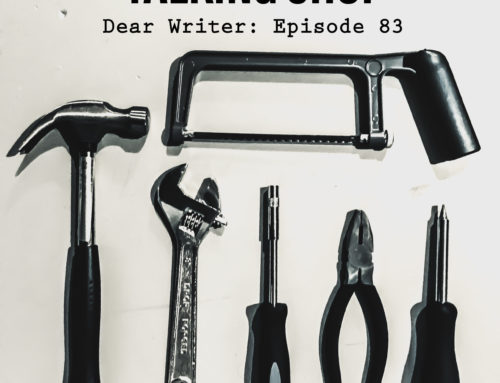


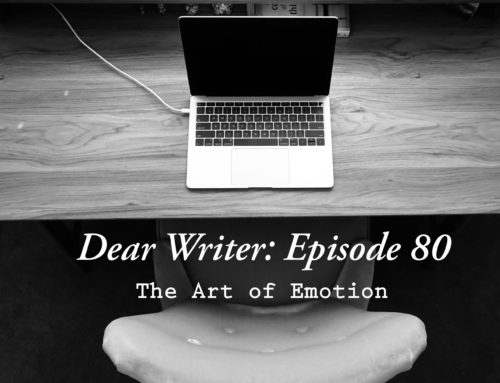
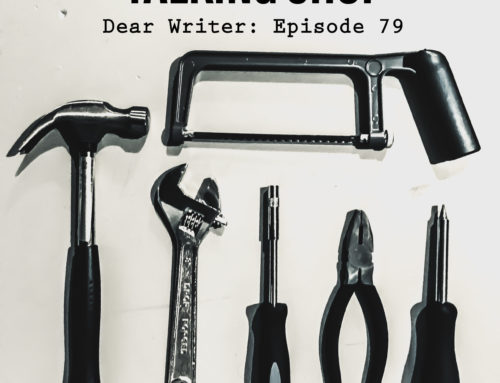
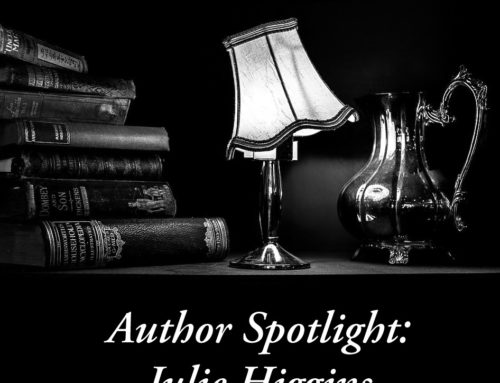
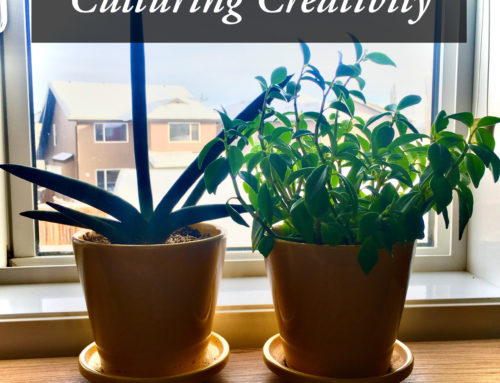
Leave A Comment